Boost Your Machanical Bids – Request a Precision Estimate!
- Accurancy
- Efficiency
- Transparency
- Customization
- Time Saving
- Professionalism
- Cost Control
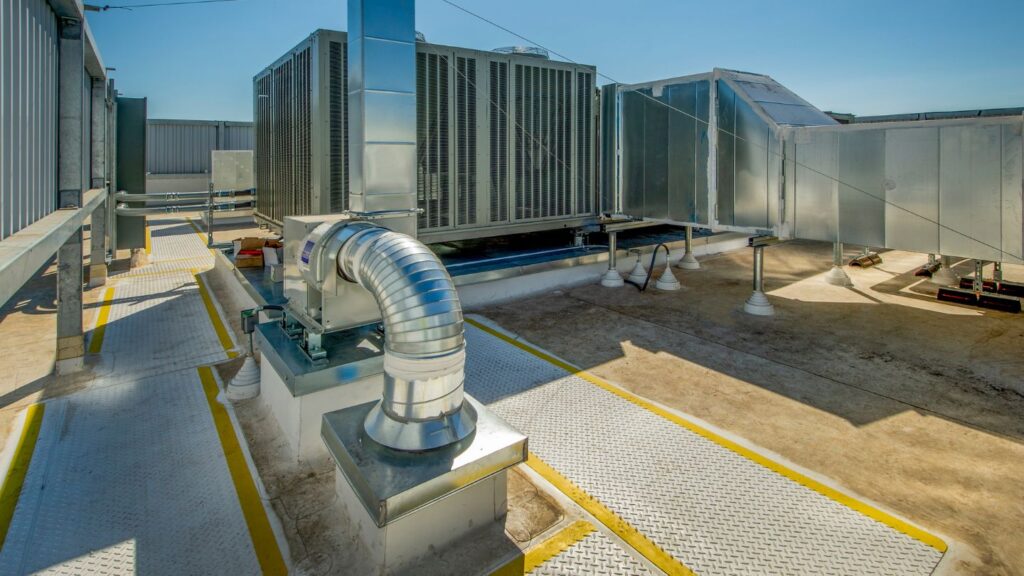
Heating, Ventilation, and Air Conditioning (HVAC) systems are indispensable for maintaining a comfortable and controlled indoor environment in residential and commercial spaces. However, over time, these systems may face wear and tear, reduced efficiency, and the need for technological upgrades. HVAC system replacement becomes a crucial consideration, and understanding the associated costs is paramount. In this article, we explore the intricacies of HVAC system replacement costs, the factors influencing them, and strategies for informed decision-making.
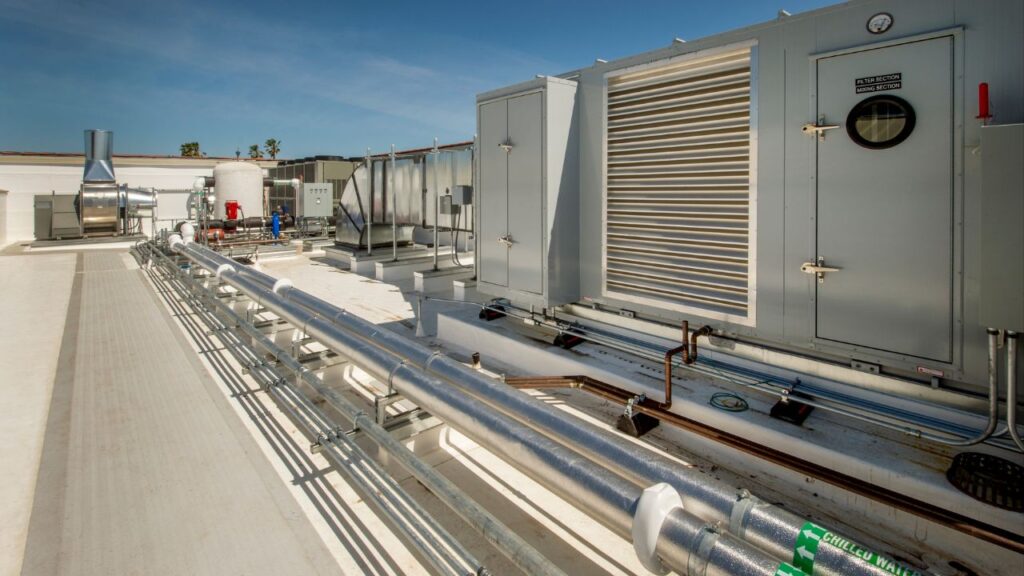
The journey of HVAC system replacement begins with a comprehensive assessment of the existing system. Factors such as the age of the system, its overall condition, and the compatibility with modern technology are evaluated. This assessment lays the foundation for accurate cost estimation, helping stakeholders understand the scope of the replacement project.

Fully Insured Licensed Hire A Contractor For Mechanical Contractor
Hire Contractor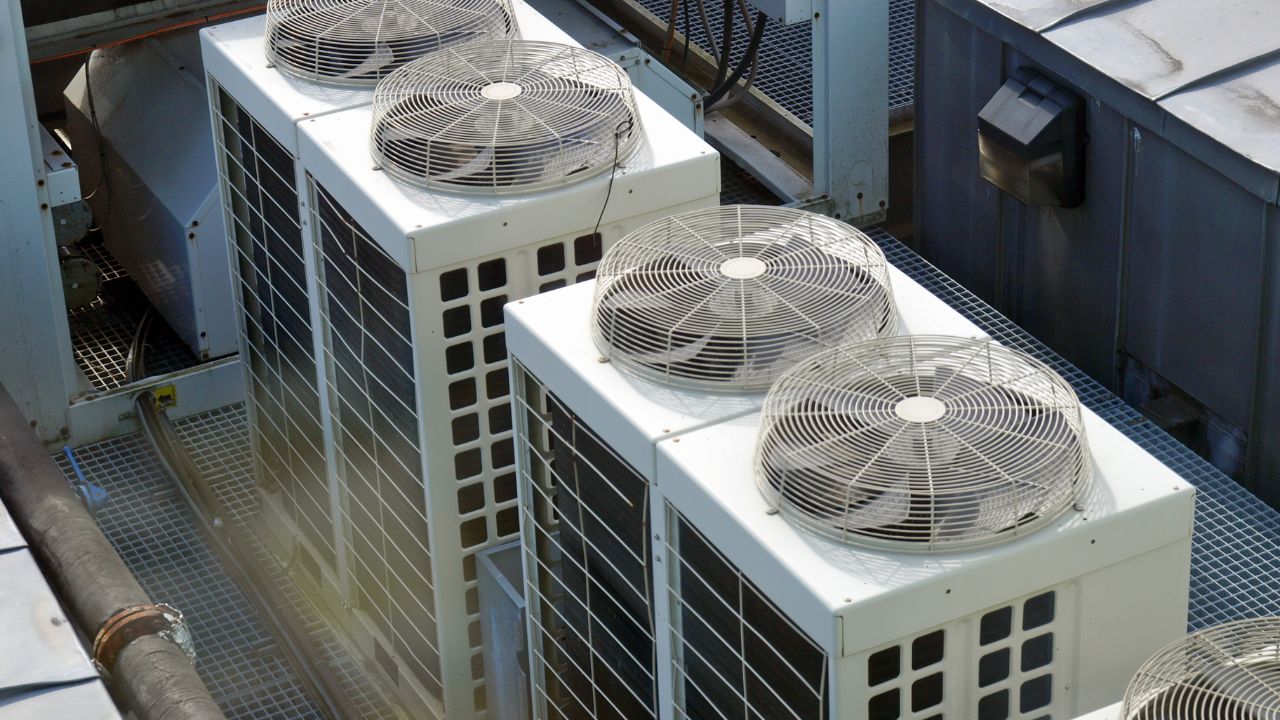
Make Informed Design Decisions Showcase Your Design Ideas
Get RenderingThe type of HVAC system chosen significantly influences replacement costs. Common systems include central air conditioning, heat pumps, ductless mini-splits, and furnaces. Each system has its unique installation requirements and associated expenses. For instance, replacing a central air conditioning system with a more advanced model might involve upgrading ductwork, impacting overall costs.
Embracing energy-efficient HVAC systems is not only environmentally responsible but also financially prudent. While high-efficiency systems may have a higher upfront cost, they often lead to substantial long-term savings on energy bills. Replacement cost estimation should consider the energy efficiency of the new system, factoring in Seasonal Energy Efficiency Ratio (SEER) ratings for cooling and Heating Seasonal Performance Factor (HSPF) for heating.
The state of existing ductwork and infrastructure plays a pivotal role in shaping replacement costs. Outdated or inefficient duct systems may require upgrades or modifications to ensure optimal performance of the new HVAC system. Cost estimation involves a meticulous evaluation of the integrity of the current infrastructure, incorporating considerations for necessary modifications or complete replacements.
In the contemporary landscape, HVAC system replacement must not only meet operational needs but also align with stringent environmental regulations and compliance standards. Estimating costs involves a proactive approach to install systems that not only adhere to but often exceed industry efficiency standards. Compliance measures, such as navigating refrigerant phase-outs and emissions reductions, introduce considerations that may influence the upfront investment.
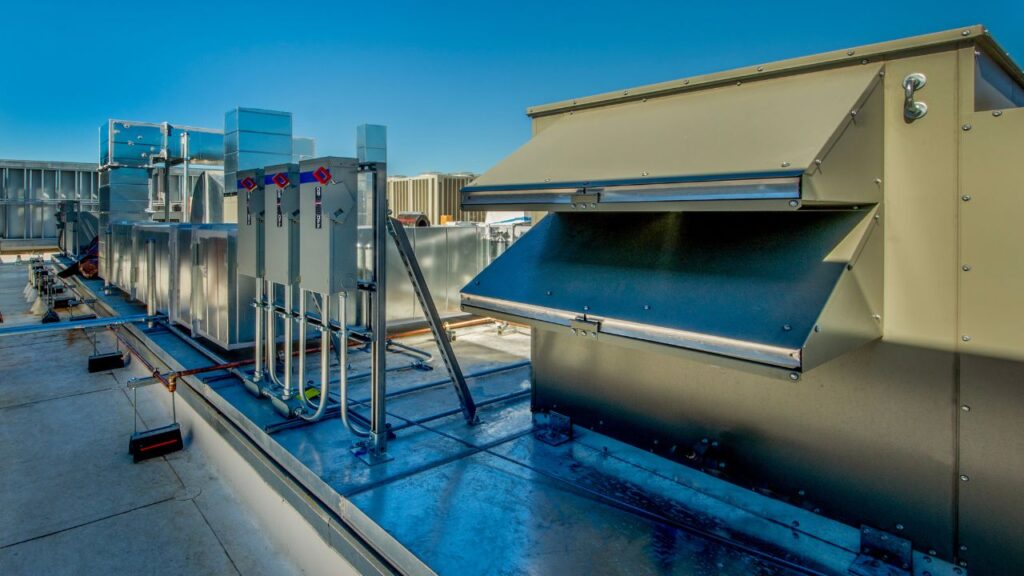
The complexity of the installation process emerges as a critical factor influencing HVAC system replacement cost estimation. This complexity, shaped by factors such as system type, location, and building accessibility, demands a nuanced assessment. Replacement projects in occupied spaces may require phased installations to minimize disruptions, potentially impacting labor costs. A comprehensive evaluation of installation complexities ensures accurate budgeting and meticulous project planning, mitigating unforeseen challenges and optimizing the efficiency of the replacement process.
While upfront costs hold significance, a holistic approach to HVAC system replacement involves a thorough evaluation of life-cycle costs. Decision-makers are guided by considerations of maintenance needs, energy efficiency, and potential utility rebates. This comprehensive analysis directs them toward HVAC systems that promise enduring value over their lifespan.
The success of HVAC replacement projects hinges on the judicious selection of vendors and equipment. Estimating costs involves extensive research and obtaining quotes from reliable suppliers. Opting for well-established brands and equipment renowned for durability and efficiency may incur a higher initial cost. However, this strategic decision can lead to long-term reliability, reduced maintenance expenses, and an HVAC system that stands the test of time.
Understanding when to consider HVAC system replacement is crucial. Signs such as the age of the system exceeding its typical lifespan, frequent and costly repairs, decreased energy efficiency, inconsistent heating or cooling, excessive noise, outdated technology, and safety concerns should prompt serious consideration of replacement.

The cost of HVAC replacement ranges from $6,000 to $13,200, encompassing the installation of a new furnace and AC unit. If you opt for a new HVAC system along with ductwork, the overall expense increases to $8,400 to $19,200. Factors influencing HVAC unit prices include the size of the house, the length of ductwork, and the HVAC system’s size, type, and brand.
Replacement Type | Average Cost Installed |
HVAC Replacement | $6,000 – $13,200 |
HVAC Installation with Ductwork | $8,400 – $19,200 |
HVAC System with Ductwork & Add-ons | $11,400 – $22,200 |
National Average Cost | Minimum Cost | Maximum Cost | Average Cost Range |
$9,600 | $3,000 | $22,200 | $6,000 to $13,200 |
Factor | Average Cost |
HVAC unit | $4,800 – $9,600 |
Installation labor | $1,200 – $3,600 |
Total Cost Installed | $6,000 – $13,200 |
Investing in high-efficiency HVAC systems is a pivotal strategy for long-term cost savings. While these systems may entail a higher initial cost, their advanced technologies, such as variable-speed motors and smart controls, optimize energy usage. This not only aligns with environmental sustainability goals but also translates into substantial financial benefits over the lifespan of the system. Homeowners should view the slightly increased upfront cost as a wise and forward-thinking choice that ensures both immediate comfort and enduring economic advantages.
Establishing a proactive maintenance program is a cornerstone for ensuring the efficient operation of HVAC systems. Regular inspections and preventive measures, conducted by professional technicians, identify potential issues, fine-tune system components, and prevent unexpected breakdowns. By addressing minor concerns before they escalate, a maintenance program not only safeguards efficiency but also extends the overall lifespan of the HVAC system.
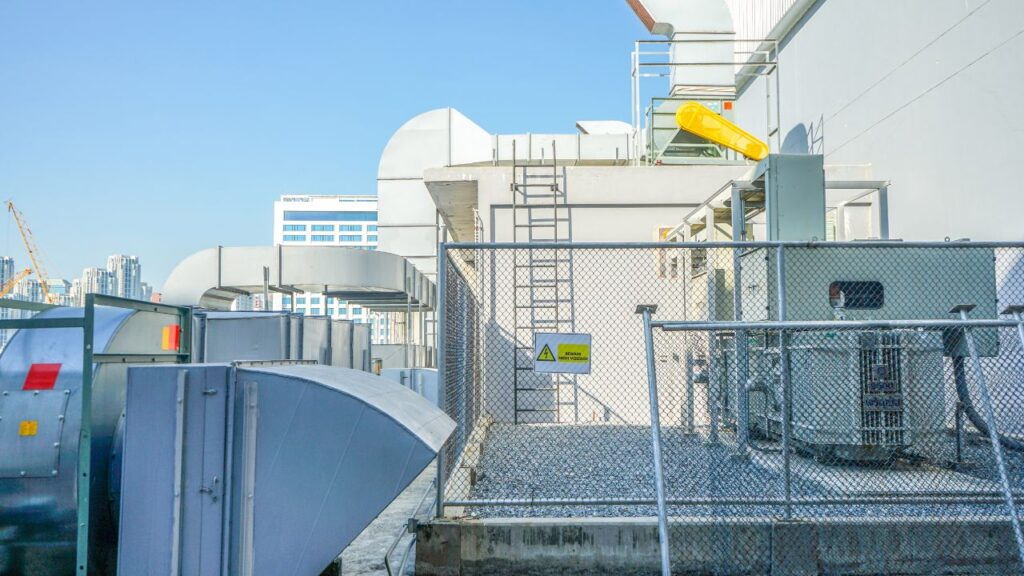
Homeowners should perceive the cost of routine maintenance as a strategic investment in risk management, promoting reliability and minimizing the total cost of ownership over time.
Obtaining quotes from multiple HVAC professionals is a prudent approach that goes beyond just evaluating costs. While competitive pricing is essential, homeowners should also weigh factors such as the reputation of HVAC professionals and customer reviews. This comprehensive assessment ensures that the chosen service provider not only offers a competitive price but also demonstrates reliability, expertise, and a track record of customer satisfaction. By considering a range of factors, homeowners can make informed decisions that prioritize both cost-effectiveness and the quality of service.
Checking for available rebates or incentives is a savvy move that can significantly offset the initial costs of installing energy-efficient HVAC systems. Various government and utility programs offer financial incentives to encourage the adoption of environmentally friendly and energy-efficient technologies. These incentives may include rebates, tax credits, or subsidized financing options. Homeowners should explore available programs, ensuring that they take full advantage of any opportunities to reduce the upfront investment in high-efficiency HVAC systems. This strategic approach aligns with broader sustainability initiatives while enhancing the cost-effectiveness of the overall investment.
Ensuring that the HVAC system is appropriately sized for your space is a critical strategy for cost optimization. An undersized or oversized system can lead to inefficiencies and increased operating costs. A professional assessment of your space’s heating and cooling needs ensures that the HVAC system operates at its peak efficiency, providing optimal comfort while minimizing energy waste.
Consider incorporating smart thermostats into your HVAC system. While they may add to the upfront cost, these devices offer precise control over temperature settings, contributing to energy savings and long-term cost reduction. Smart thermostats can learn your preferences, adapt to your schedule, and even allow remote control through smartphone apps. This level of automation and control not only enhances convenience but also contributes to more efficient energy usage, translating into cost savings over time.
Navigating HVAC system replacement costs involves a thorough understanding of various factors. The type of system, energy efficiency considerations, ductwork requirements, environmental compliance, and labor costs all contribute to the overall expense. Strategic decision-making, such as opting for energy-efficient systems, regular maintenance, seeking multiple quotes, exploring rebates, and ensuring optimal system sizing, can significantly impact long-term cost savings. Recognizing signs indicating the need for replacement and wisely selecting vendors and equipment further contribute to the success of HVAC replacement projects. Ultimately, the investment in a new HVAC system is not only about upfront costs but also about ensuring sustained comfort, efficiency, and environmental responsibility.
Several signs indicate the need for HVAC system replacement, including the system’s age surpassing its typical lifespan, frequent and costly repairs, reduced energy efficiency, inconsistent heating or cooling, excessive noise, outdated technology, and safety concerns. If you observe these signs, it’s time to consider replacement.
The cost is influenced by factors such as the type of HVAC system chosen, energy efficiency considerations, the state of existing ductwork and infrastructure, compliance with environmental regulations, installation complexity, and labor costs. The overall expense also depends on the size, type, and brand of the HVAC system.
Key strategies include investing in energy-efficient systems, establishing a regular maintenance program, obtaining multiple quotes from HVAC professionals, exploring government rebates and incentives, ensuring optimal system sizing, and incorporating smart thermostats. These approaches contribute to long-term cost savings and efficiency.
Ensuring optimal system sizing involves a professional assessment of your space’s heating and cooling needs. An HVAC professional considers factors such as square footage, insulation, windows, and local climate to recommend a system that operates at peak efficiency, providing comfort while minimizing energy waste.
Yes, various government and utility programs offer financial incentives, including rebates, tax credits, and subsidized financing options, to encourage the adoption of energy-efficient HVAC technologies. Homeowners should explore available programs to maximize opportunities for reducing upfront investment costs.
Establishing a proactive maintenance program is crucial for efficient HVAC system operation. Regular inspections and preventive measures identify potential issues, fine-tune system components, and prevent unexpected breakdowns. While there is a cost associated with routine maintenance, it serves as a strategic investment in risk management, promoting reliability and minimizing the total cost of ownership over time.
Here I am going to share some steps to get your HVAC system replacement cost estimate report.
You can send us your plan on info@estimatorflorida.com
Before starting your project, we send you a quote for your service. That quote will have detailed information about your project. Here you will get information about the size, difficulty, complexity and bid date when determining pricing.
Our team will takeoff and estimate your project. When we deliver you’ll receive a PDF and an Excel file of your estimate. We can also offer construction lead generation services for the jobs you’d like to pursue further.



561-530-2845
info@estimatorflorida.com
Address
5245 Wiles Rd Apt 3-102 St. Pete Beach, FL 33073 United States
561-530-2845
info@estimatorflorida.com
Address
5245 Wiles Rd Apt 3-102 St. Pete Beach, FL 33073 United States
All copyright © Reserved | Designed By V Marketing Media | Disclaimer